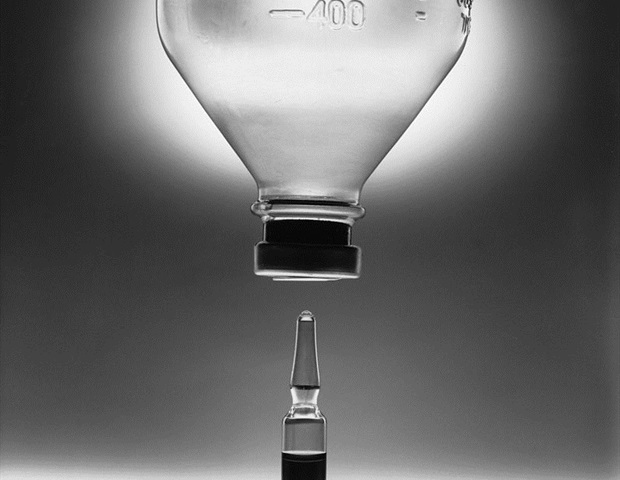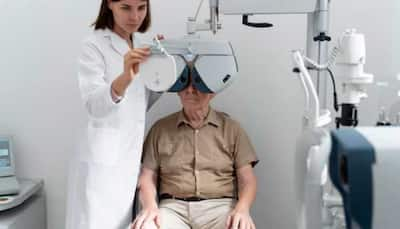During a shortage of the generic platinum chemotherapy drugs cisplatin and carboplatin that began in early 2023, there was no difference in mortality rates among patients with advanced cancer compared to the previous year, and prescription rates for the two drugs fell less than three percent overall-;and 15.1 percent at the peak-;according to an analysis published this week in the Journal of the National Cancer Institute by researchers from the University of Pennsylvania's Perelman School of Medicine and Penn Medicine's Abramson Cancer Center. Cisplatin and carboplatin-;which have been approved for more than 30 years-;are widely used to treat a variety of cancers, including lung, head and neck, breast, bladder, ovarian, uterine, and testicular cancers.
When the FDA announced a shortage of cisplatin in February 2023, followed by a shortage of carboplatin in April 2023, it drew attention to the ongoing challenge of generic drug shortages, and prompted major national oncology societies to recommend best practices for priority use and alternative medicines. At the time, national surveys showed that most cancer centers in the US were reporting shortages of these platinum chemotherapies, but it wasn't clear how the shortages were actually affecting patients. When we looked at the data on prescribing practices over the shortage period, compared to the previous year, we found that although reporting of the shortages was widespread, it didn't affect as many patients as we had feared.
".


















